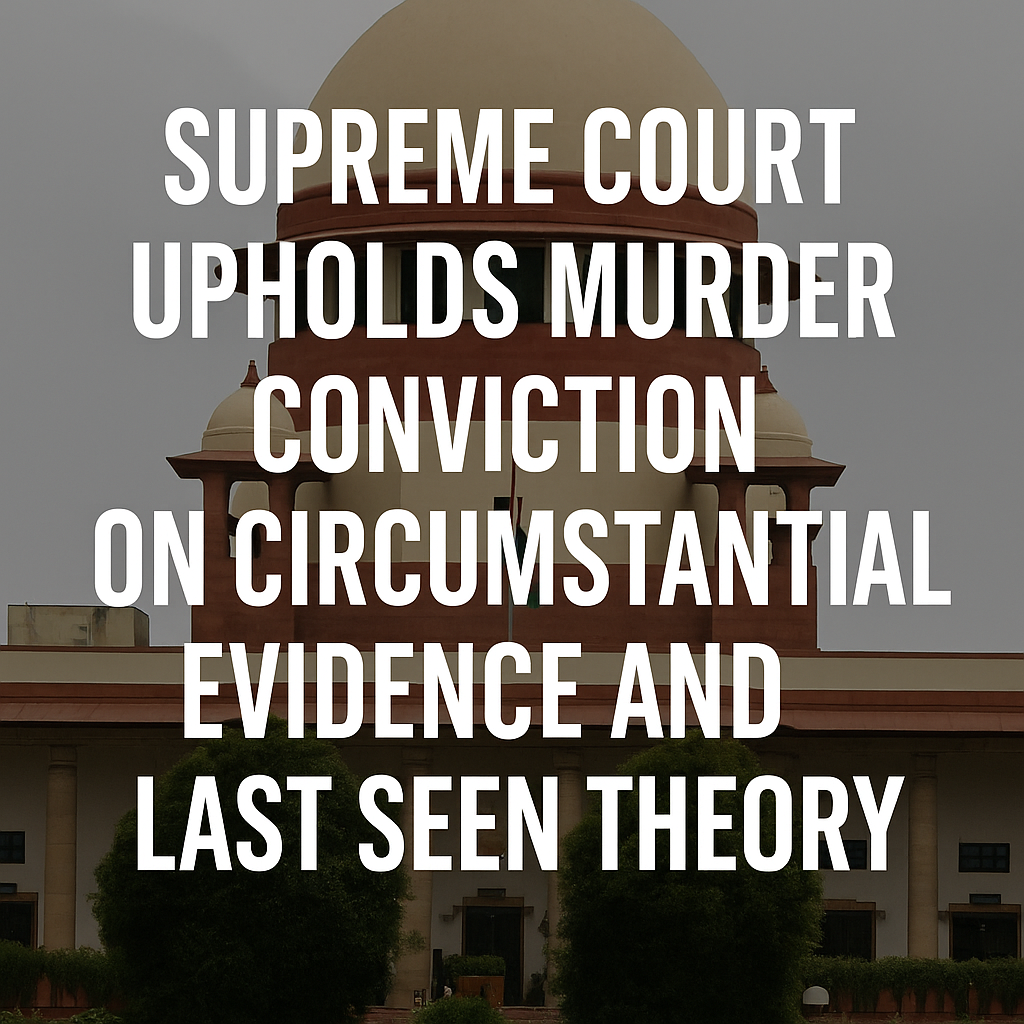The Supreme Court of India has today issued a strong warning against the increasing practice where parties seek anticipatory or regular bail by voluntarily offering to deposit substantial sums before courts, only to later repudiate these statements. Such parties then approach higher courts claiming that the conditions imposed for bail were excessively onerous or that their counsel lacked authority to make such deposits.
A bench comprising Justices K.V. Viswanathan and N. Kotiswar Singh unequivocally stated:
“We strongly deprecate this practice…we have to be conscious of the sanctity of judicial process. We cannot allow parties to play tucks and tricks with the Court…we cannot permit parties to take advantage of a device resorted by them to secure orders of release.”
The Court highlighted the harmful impact of this tactic, observing that it had become “commonplace” and led to the foreclosure of genuine consideration of bail applications by High Courts on their merits. The practice disrupts judicial administration and encourages misuse of bail as a procedural device rather than a genuine right.
The Court further clarified:
“There cannot be any dispute that excessive bail is no bail and onerous conditions ought not to be imposed while bail is granted. As to what is an onerous condition would depend on the facts and circumstances of the individual case. What is troubling is when attempts are made to foreclose consideration of bail applications on merits by voluntarily offering deposits of amounts and thereafter reneging on it by stating that the counsel had no authority or the condition is onerous. We are not able to countenance this practice.”
The Judicial Concern: Foreclosing Merits via Monetary Offers
The bench elaborated on the modus operandi of the malpractice:
When parties file applications for anticipatory or regular bail, their counsel often voluntarily offers to deposit substantial amounts as a show of bonafide and to secure liberty. This leads courts to grant bail orders without fully examining the merits of the case, relying on the deposit offer. Later, the parties challenge these conditions in higher courts, arguing that the deposit condition was unfair or unauthorized. This results in undue burden on higher courts and subversion of judicial process.
Case Context: Bail Under CGST Act for Tax Evasion Allegations
The case before the Supreme Court involved an accused charged under the CGST Act for alleged tax evasion amounting to Rs.13.7 crores. The petitioner was arrested on 27 March 2025. During his bail hearing before the Madras High Court, the counsel stated the petitioner had already deposited Rs.2.8 crores and was willing to deposit another Rs.2.5 crores “without prejudice” to his contentions. Relying on this, the High Court granted bail with the condition of depositing Rs.2.5 crores, subject to initial deposit of Rs.50 lakhs.
Subsequently, the High Court allowed the petitioner liberty to deposit the full Rs.2.5 crores after release. Upon failure to comply, the bail application was to be treated as dismissed. The petitioner then approached the Supreme Court, challenging these bail conditions as onerous and denying the counsel’s authority to offer deposits.
Supreme Court’s Firm Response
The Supreme Court noted no prior claim was made in the High Court regarding lack of authorization of the counsel. The bench said:
“If the offer for monetary deposit had not been made at the outset, the High Court may have considered the case on merits and may have granted or not granted relief to the petitioner. Today, the petitioner is approbating and reprobating. We are conscious of his rights under Article 21, but we have to be equally conscious of the sanctity of the judicial process.”
Initially, the Supreme Court set aside the High Court orders and directed the petitioner to surrender to the trial court within one week, remanding the matter for fresh consideration on merits. However, after considering humanitarian factors such as the petitioner’s pregnant wife and aged father, the Court allowed interim release as a compassionate measure.




More Stories
Supreme Court Affirms Procedural Adherence and Limits of Insolvency Moratorium in Civil Litigation
Whether a Statement obtained under section 67 of NDPS Act can be treated as a Confession?
The Doctrine of Promissory Estoppel cannot be invoked against the Union of India, if it takes a decision in a larger public interest- Supreme Court ruled.